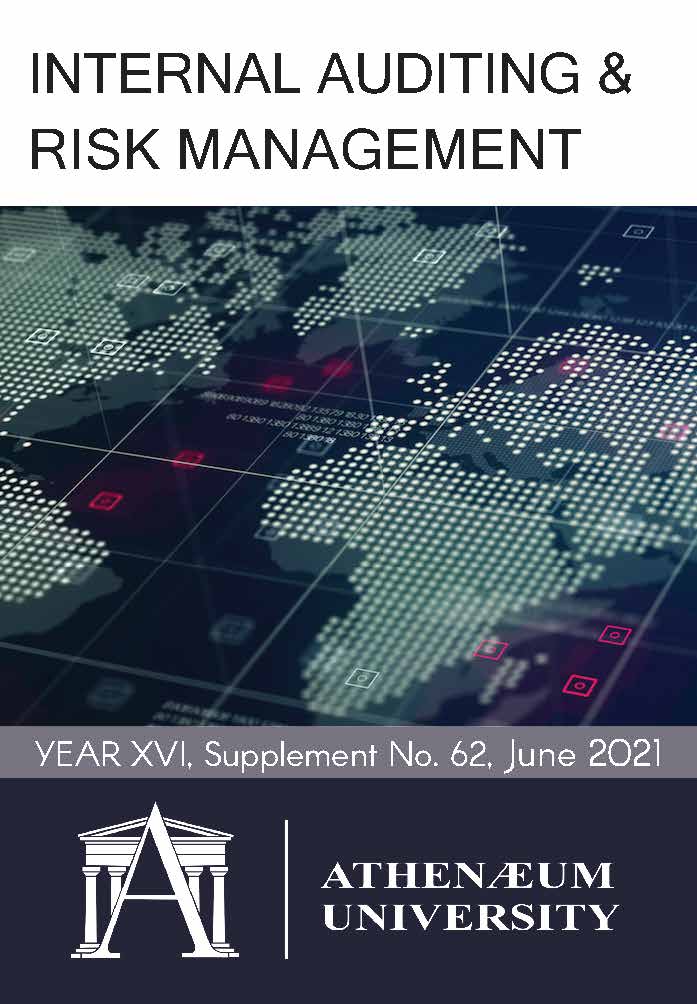SOCIO-ECONOMIC INEQUALITIES AND THE DIVERSITY OF SOCIAL FEARS CAPITALISM UNDER QUESTIONS?
SOCIO-ECONOMIC INEQUALITIES AND THE DIVERSITY OF SOCIAL FEARS CAPITALISM UNDER QUESTIONS?
Author(s): Radu GheorgheSubject(s): National Economy, Business Economy / Management, Financial Markets, Socio-Economic Research
Published by: Scientia Moralitas Research Institute
Keywords: automation; capitalism; competence; ethics; fake news; immigration; inequality; informed public; mass-population; public benefit; recession; trust;
Summary/Abstract: Many results of the Edelman Trust Barometer recalled into question the hypothesis launched by Immanuel Wallerstein in the early twentieth century, that we are already entered in a “period of chaotic transformation of the world system of we are part”, the result being unpredictable (Wallerstein, 2005: 78). According to the Barometer, beyond the presence of a strong global economy and a very low level of unemployment, the people who work in highly developed countries no longer trust institutions. According to the data, even in such favorable living circumstances, they see the future more uncertain than ever, about 56% appreciating that “the current form of capitalism does more harm than good” and that is time has come to make a very serious analysis. The new discoveries in the field of technology, the impact of digital transformations, the climatic changes, the globalization, the migration and the aging process of the population there are factors that contribute to the support of a growing range of social fears. Given the fact that only 18% of respondents believe that the capitalist system works in the public benefit, 34% appreciate that it no longer inspires security, and 48% consider it already failed, we are witnessing of the birth of a new paradigm, who will put pressure on the delegitimization of the current world system? If so, how prepared are we? Who will be the main actors of this change? What will be the consequences? This article will not attempt to answer to such complex questions. It will present only a description of the main trends, an exposition of an arithmetic that is already working in the antechamber of these possible huge changes.
Journal: Internal Auditing & Risk Management
- Issue Year: 62/2021
- Issue No: 2s
- Page Range: 56-66
- Page Count: 11
- Language: English

